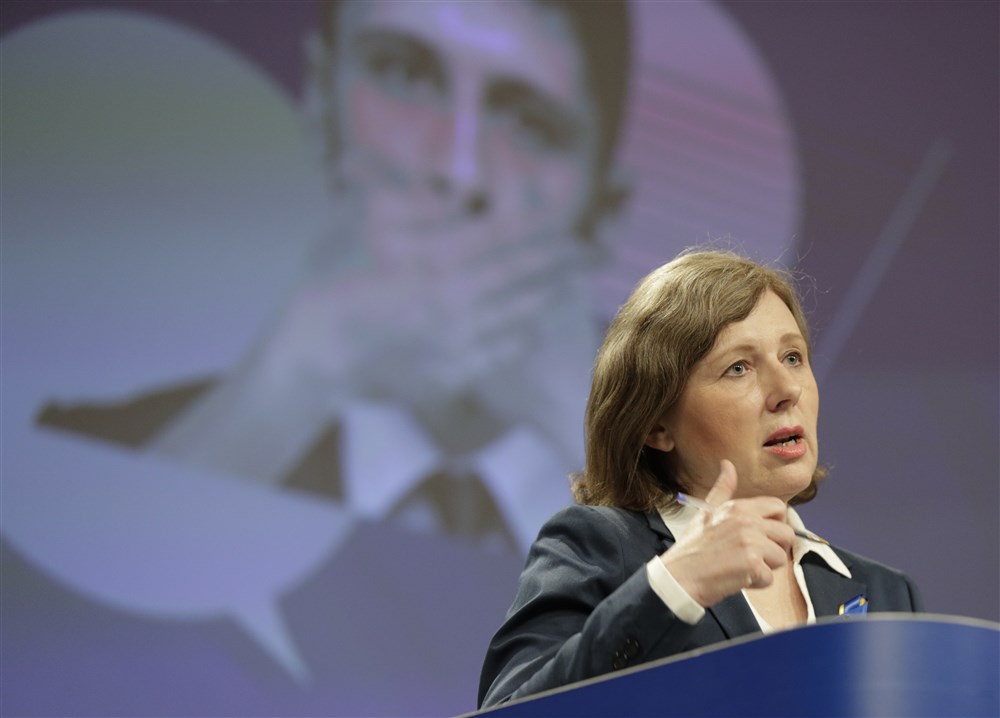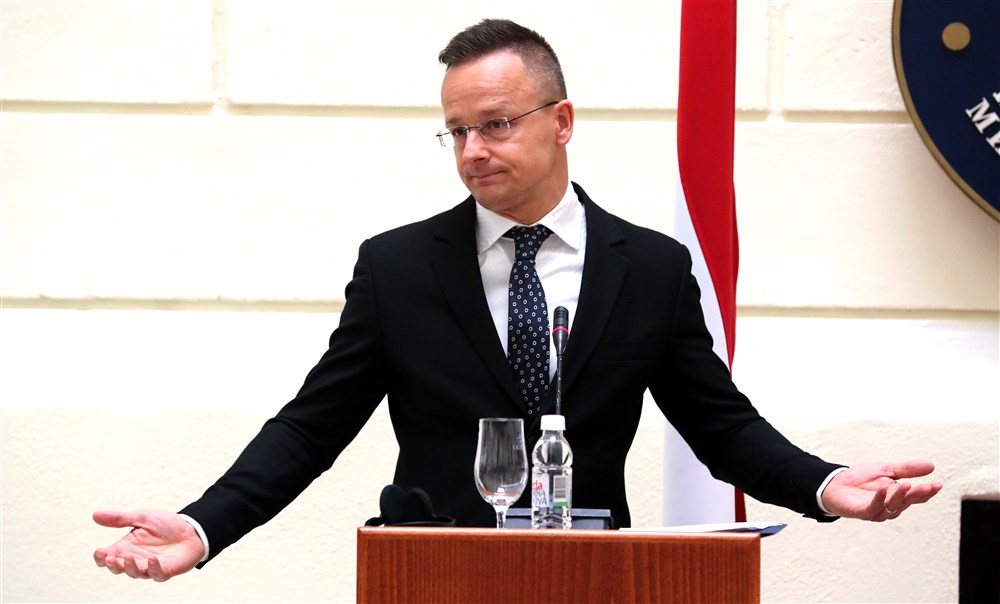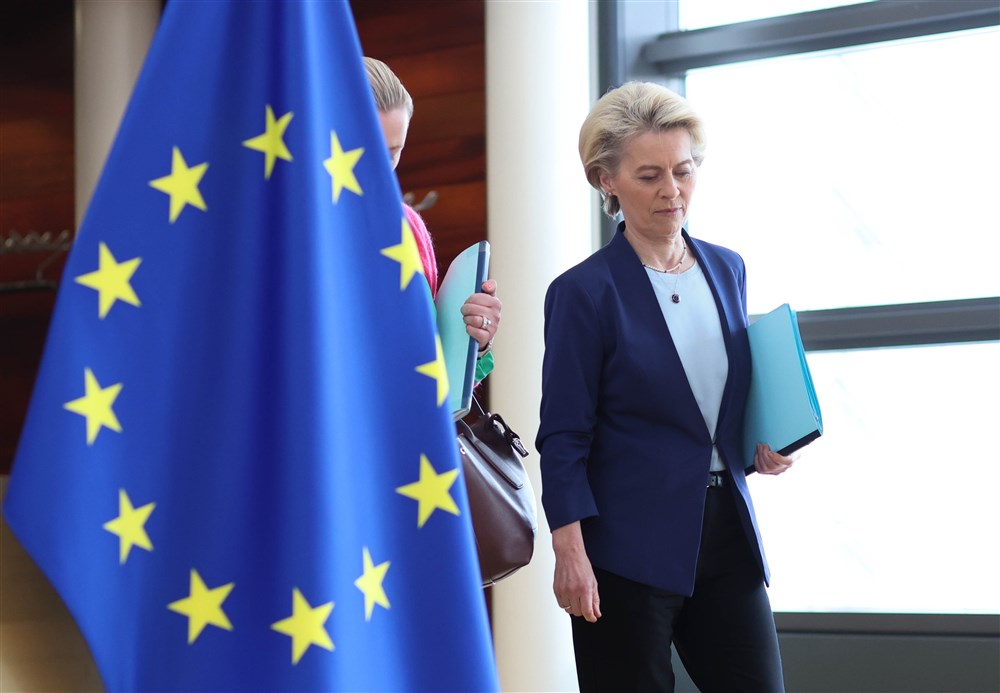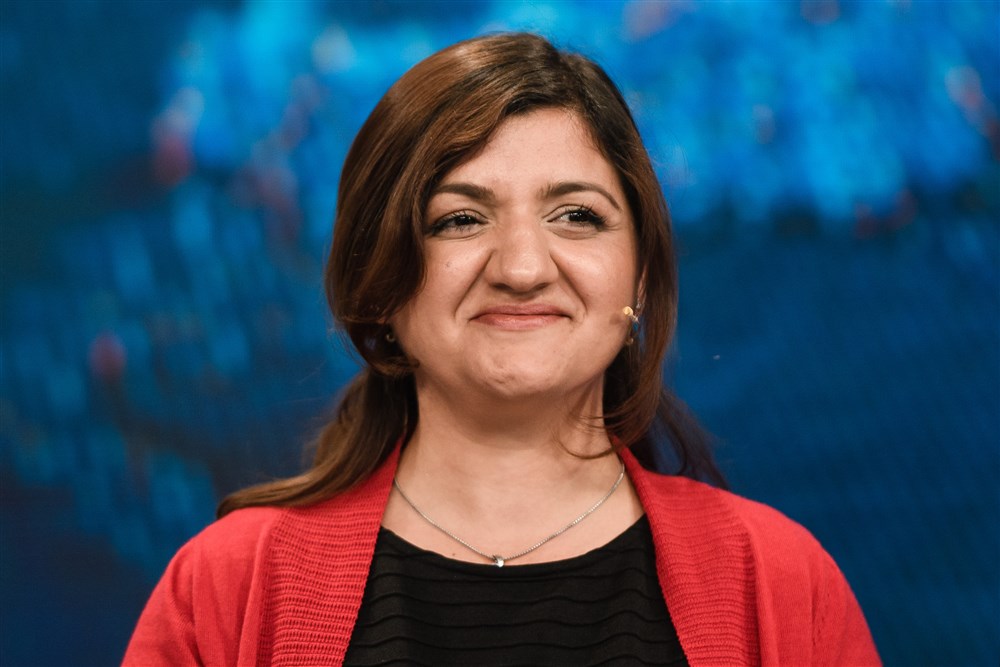The European Parliament’s legal affairs committee met in a closed session on April 25 to discuss whether to withdraw the parliamentary immunity of embattled Greek MEP Eva Kaili. Sources said the discussion did not focus on the Qatargate scandal for which she was arrested last December (she denies the charges) but rather a second investigation into her parliamentary expenses.
The European Public Prosecutor’s Office (EPPO) is conducting a probe into allegations that Kaili misused €100,000 relating to the reimbursements of her assistants, reports Politico. The EPPO requested the lifting of her immunity in December due to “suspicion of fraud detrimental to the EU budget, in relation to the management of the parliamentary allowance, and in particular concerning the remuneration of Accredited Parliamentary Assistants.”
Parliamentary immunity is “a guarantee that an MEP can freely exercise his or her mandate and cannot be exposed to arbitrary political persecution,” notes the European Parliament website. “As such, it guarantees the independence and integrity of the Parliament as a whole.”
According to the office of MEP Ilana Cicurel, the rapporteur for the legal affairs committee considering the immunity waiver request, a decision won’t be forthcoming until May or June. If immunity is waived for an MEP, it enables any investigation into his or her activities to “go forward”, potentially leading to “prosecution.”
The question of Kaili’s parliamentary immunity is a confusing one. Her immunity has already appeared to have been waived before: when the Belgian police arrested her as part of the so-called Qatargate scandal.
The Belgian investigators argued that her immunity in that instance was forfeited by being caught “red-handed” during the investigation into accusations that Euro MPs allegedly took bribes from the Qatari and Moroccan Governments in exchange for favours. But, as Kaili’s lawyer noted, it was Kaili’s father who was found with a suitcase full of money (€600,000). Kaili’s legal team is claiming that her parliamentary immunity was violated as the Parliament did not lift it prior to her arrest and searches of her home and office.
Kaili has pleaded her innocence throughout the Qatargate scandal. She told a Greek magazine that she will “never” return to Greece if her innocence is not established as “I will be ashamed to look into the eyes of the people I have been with since I was a high school student.” She has also spoken of feeling suicidal while imprisoned in Belgium’s Haren prison, before her recent release on house arrest. She must wear an electronic tag.
The EPPO’s actions follow an investigation by the EU’s anti-fraud office, known as OLAF, that was completed on November 23 last year and then transferred to the EPPO. Politico reports that Kaili has said she will pay back any money owed and will comply with any recommendations.
If the legal affairs committee recommends that Kaili’s immunity be lifted, the decision still needs to be voted on by all MEPs. Even if she loses her immunity, she will retain her seat in Parliament, notes the European Parliament website.
“The mandate of an MEP is a national mandate and cannot be taken away by any other authority,” it says. “The lifting of an MEP’s immunity is not a ‘guilty’ verdict. It merely enables the national judicial authorities to proceed with an investigation or trial.”





